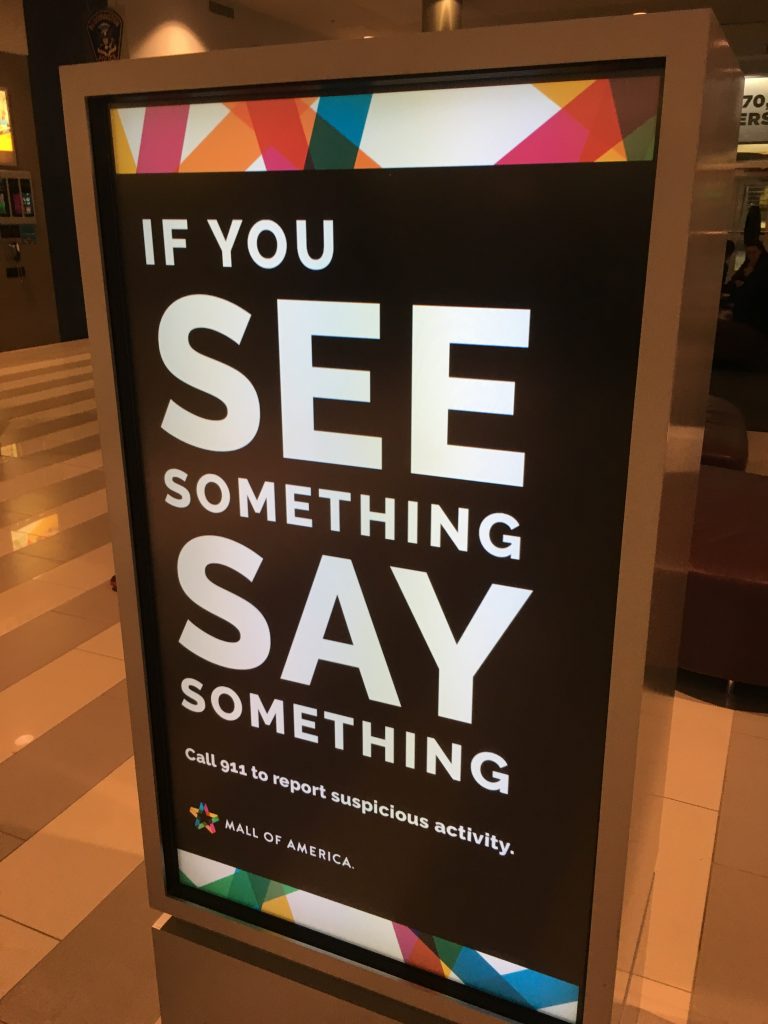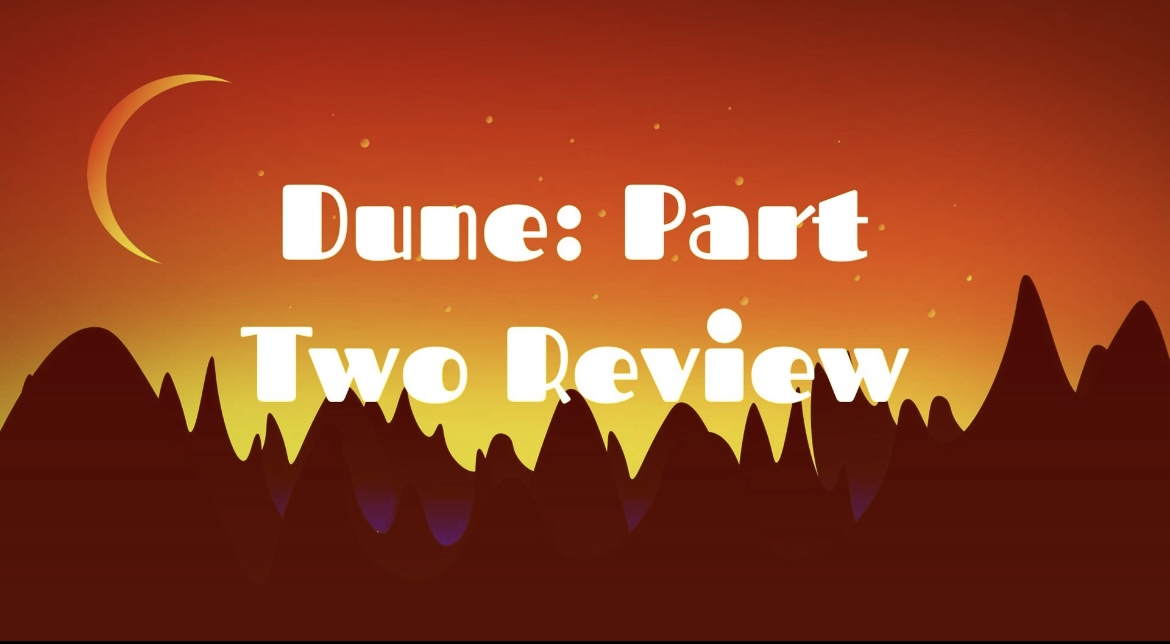By Roberto Lachner
There are events with which you can define time and life itself. Before and after. Moments which are so impactful that the changes that they caused are too significant to ignore. These are called “watershed” moments, and they are often turning points in the stories of anything, from individual people, to the entire world. It’s very possible that the current outbreak of coronavirus will go down as one of these moments, not just for individuals but for society as a whole. To understand how and why this may happen, it may be helpful to explore notable watershed moments in history, as well as how they affect singular people.
What is likely the most prominent watershed moment in recent history are the 9/11 terrorist attacks on the United States. The changes brought on by this day are still felt today by all Americans. The TSA and Department of security were founded in response, as well as the “See Something, Say Something” campaign. New fears sprang up that are here to stay, like that of terrorism and of government surveillance. Many individuals also consider 9/11 to be the turning point in their lives, as they may have lost friends or family members, or have trauma surrounding the event.

Signs such as this one are commonplace around America, in malls, airports, and parks
Image via Wikimedia
The 1918 Spanish Flu pandemic is a crisis much older and much less heard about than 9/11, yet more relevant to our current situation. It is estimated that one third of the world’s population was infected, and as many as 50 million people died. Rest assured, this crisis was a watershed moment for most, if not all, people who lived through it. In fact, according to “The Great Courses” one of the reasons why this plague is hardly as remembered or talked about as it should be is that a lot of the survivors didn’t want to remember- the experience so traumatic and painful that they preferred to not so much as speak of it. This pandemic changed the perspective on health and sickness, ridding the prevailing culture that getting sick was the fault of the people, for the lower-class lifestyle they supposedly chose led to it. Instead, according to “Time” magazine, many governments expanded healthcare, with developed countries instituting state-run healthcare for all, except the U.S., which took the employer-based private insurance route.
What remains to be seen is if the coronavirus will be as large a turning point in our lives as the last great pandemic was for others, but what is certain is that it certainly has the potential to be. However, the lasting effects of this pandemic have the potential to be very different from the last; the fact that many people are now working, learning, and communicating regularly online, and only online may only accelerate the current trend where society is becoming ever-more reliant on technology both for personal lives and to manage the world. If this pandemic continues to last for a significant length, the lives and livelihoods lost will wound the world in such a way that those wounds may not heal for a very long time. With that said, the world is much more well-equipped to deal with this health crisis than the last major one it faced.
The effects of the coronavirus may be exactly what many people are predicting right now, or they could be something entirely different. It will only be known for sure when decades from now the individuals that lived through that time look back and reflect on it. If those same individuals can truly consider those changes so great that their lives are defined as before and after them, then it will be known that coronavirus really was a watershed moment.





